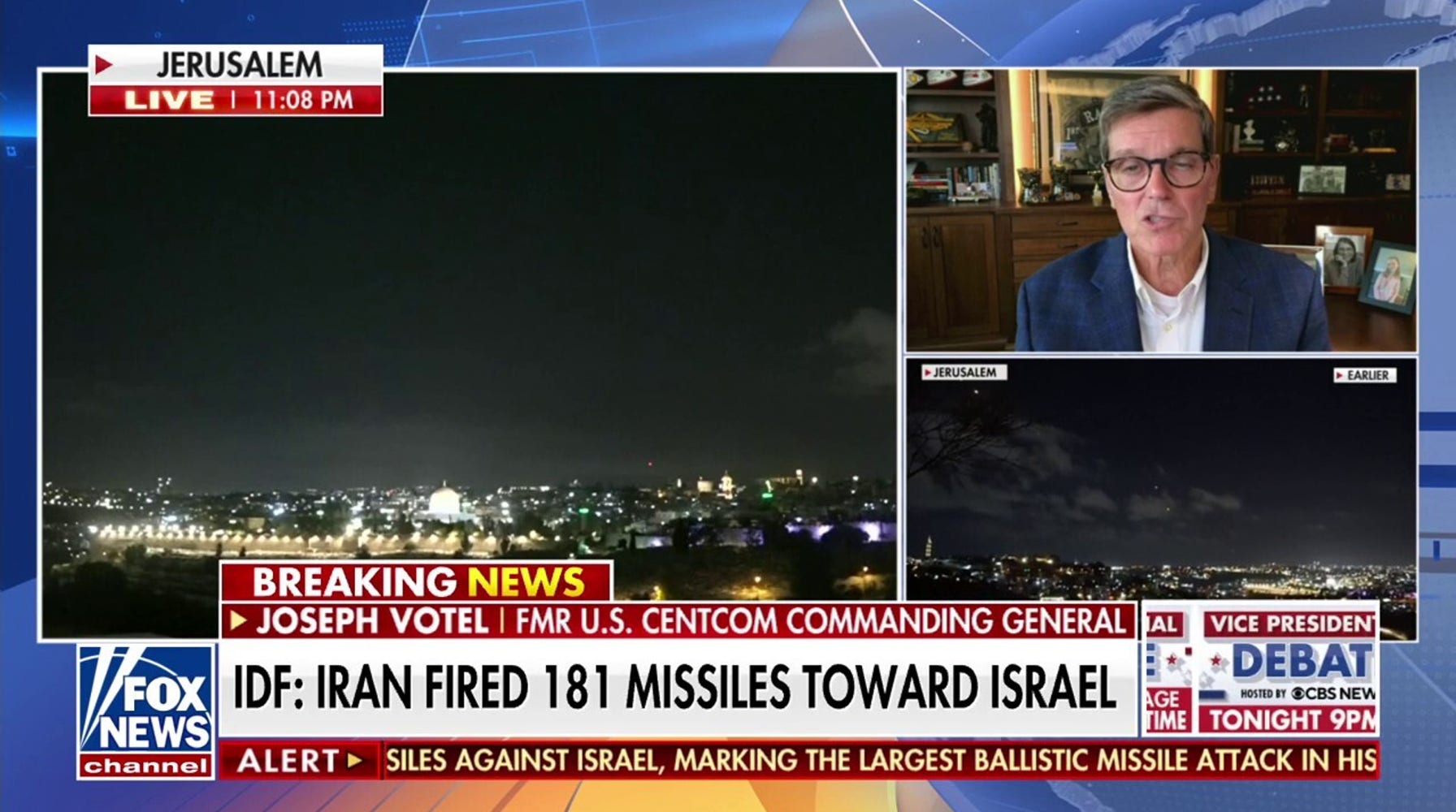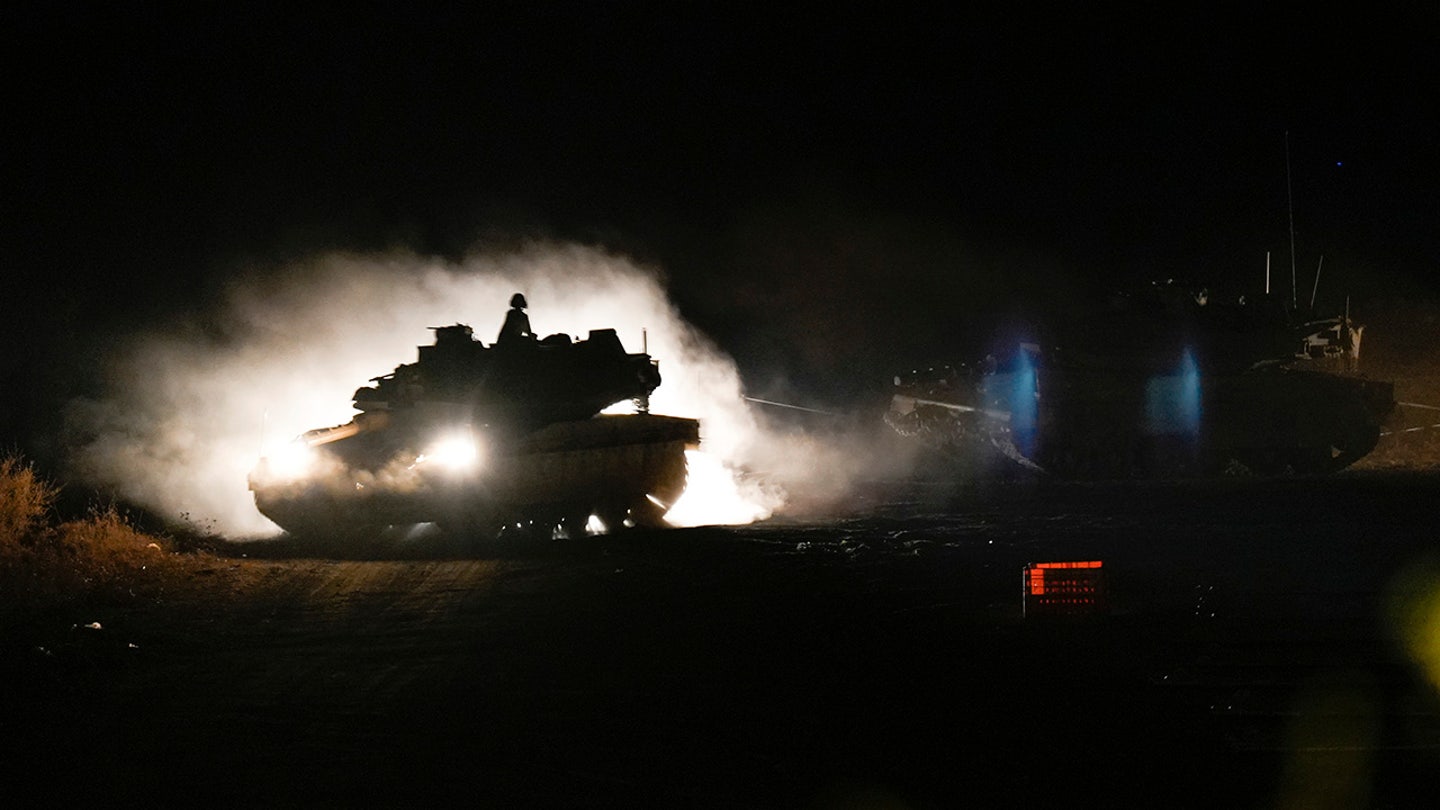America's Beirut Nightmare: How Iran's Unpunished Terror Emboldened Hezbollah
- October 3, 2024 01:04am
- 143
In 1983, a devastating suicide bombing of the U.S. Marine headquarters in Beirut killed 241 Americans. President Reagan's decision not to retaliate emboldened Iran and its proxies, leading to decades of terrorism and conflict.
The roots of the ongoing conflict between Israel and Iran-backed groups like Hamas and Hezbollah can be traced back to the October 1983 suicide bombing of the U.S. Marine headquarters in Beirut, a pivotal event that emboldened Iran and shaped the course of Middle East history.
On a fateful Sunday morning in October 1983, a suicide bomber in a Mercedes truck crashed through security and detonated a massive bomb at the four-story Battalion Landing Team headquarters in Beirut, killing 220 Marines, 18 sailors, and three soldiers. The blast, later determined to exceed 12,000 pounds of TNT, collapsed the building into a pile of rubble.

America's Beirut Nightmare: How Iran's Unpunished Terror Emboldened Hezbollah
Among the survivors was Chaplain Danny Wheeler, who spent five hours trapped in a concrete crypt before rescuers found him. "The next thing I knew, I felt a hand on my hand," Wheeler recalled. "I held it."
The bombing shocked President Ronald Reagan, who initially resisted pressure from the public and Congress to withdraw American forces from Lebanon. In a televised speech, Reagan reaffirmed America's commitment to stabilizing the region, saying, "Brave young men have been taken away from us. Are we to tell them their sacrifice was wasted?"

America's Beirut Nightmare: How Iran's Unpunished Terror Emboldened Hezbollah
However, that resolve waned in early 1984, when the Lebanese national government and military collapsed. On February 7, Reagan announced his decision to withdraw American troops, an action taken without a televised speech to avoid drawing attention to the reversal.
The American withdrawal created a vacuum that Hezbollah capitalized on, gaining power and influence to become the dominant political party in Lebanon. Additionally, the U.S.'s sudden departure coincided with the Reagan administration's refusal to retaliate for the bombing of the U.S. Embassy or the Marine headquarters.

America's Beirut Nightmare: How Iran's Unpunished Terror Emboldened Hezbollah
Despite drawing up plans to target Iran's terror camp in the Bekaa Valley, Reagan backed down due to concerns about conclusive evidence of the attackers' identity. Defense Secretary Caspar Weinberger argued that retaliatory action demanded a clear-cut justification, which was often elusive in terror attacks.
The consequences of Reagan's decision were dire. Iran successfully drove the U.S. from Lebanon and suffered no repercussions for the killing and wounding of hundreds of Americans. This episode became a green light for Iran to continue and escalate its proxy war of terrorism that continues to menace the region.

America's Beirut Nightmare: How Iran's Unpunished Terror Emboldened Hezbollah
"Many Iranian leaders use this precedent as proof that terrorism can break U.S. resolve," the CIA concluded in a 1987 report. The agency also noted that Iranian leaders exploited the uncertainty that had troubled Weinberger, using terrorism and sabotage to present the U.S. with less justification for retaliation.
America's failure to respond to the Beirut bombings emboldened Hezbollah and other Iranian-backed groups, leading to decades of terrorism and conflict. The U.S., Israel, and its allies continue to pay the price for this timidity.

America's Beirut Nightmare: How Iran's Unpunished Terror Emboldened Hezbollah
As Col. Timothy Geraghty, who commanded the Marines in Lebanon in 1983, later observed, "Our timidity whetted the jihadists' appetite." The Beirut nightmare serves as a cautionary tale about the consequences of failing to respond to terrorism and the importance of holding perpetrators accountable.




Related articles
-
 US Defends Israel from Iranian Missile Barrage with Ballistic Missile Interceptors
In a coordinated effort, the USS Cole and USS Bulkeley guided-missile destroyers successfully intercepted Iranian ballistic missiles targeting...
US Defends Israel from Iranian Missile Barrage with Ballistic Missile Interceptors
In a coordinated effort, the USS Cole and USS Bulkeley guided-missile destroyers successfully intercepted Iranian ballistic missiles targeting...
- 05 Oct 2024
-
 Pennsylvania Town Overwhelmed by Migrant Influx, Residents Fear for Safety and Quality of Life
Charleroi, a small town in Pennsylvania, has witnessed a staggering 2,000% increase in its migrant population over the past two years, putting public...
Pennsylvania Town Overwhelmed by Migrant Influx, Residents Fear for Safety and Quality of Life
Charleroi, a small town in Pennsylvania, has witnessed a staggering 2,000% increase in its migrant population over the past two years, putting public...
- 05 Oct 2024
-
 Elon Musk's Unwavering Support for Trump: A Journey into Political Polarization
Billionaire entrepreneur Elon Musk's public endorsement of former President Donald Trump has sparked widespread reactions, revealing deep political...
Elon Musk's Unwavering Support for Trump: A Journey into Political Polarization
Billionaire entrepreneur Elon Musk's public endorsement of former President Donald Trump has sparked widespread reactions, revealing deep political...
- 05 Oct 2024
-
 Universities Brace for Anti-Israel Protests as October 7 Anniversary Approaches
With the anniversary of the October 7th Hamas terrorist attacks in Israel fast approaching, universities and college students are bracing for renewed...
Universities Brace for Anti-Israel Protests as October 7 Anniversary Approaches
With the anniversary of the October 7th Hamas terrorist attacks in Israel fast approaching, universities and college students are bracing for renewed...
- 04 Oct 2024
-
 Los Angeles' Car-Free Olympic Gamble: A Risky Proposition
Los Angeles' ambitious plan for a car-free 2028 Olympics faces numerous challenges, including missed infrastructure deadlines, safety concerns, and...
Los Angeles' Car-Free Olympic Gamble: A Risky Proposition
Los Angeles' ambitious plan for a car-free 2028 Olympics faces numerous challenges, including missed infrastructure deadlines, safety concerns, and...
- 04 Oct 2024
-
 The Fate of Never Trumpers: Vance's Victory Seals the Triumph of Trumpian Populism
Ohio Senator JD Vance's strong performance in the vice-presidential debate has solidified the dominance of Trumpian populism within the Republican...
The Fate of Never Trumpers: Vance's Victory Seals the Triumph of Trumpian Populism
Ohio Senator JD Vance's strong performance in the vice-presidential debate has solidified the dominance of Trumpian populism within the Republican...
- 04 Oct 2024

Leave a comment
Your comment is awaiting moderation. We save your draft here
0 Comments
Chưa có bình luận nào